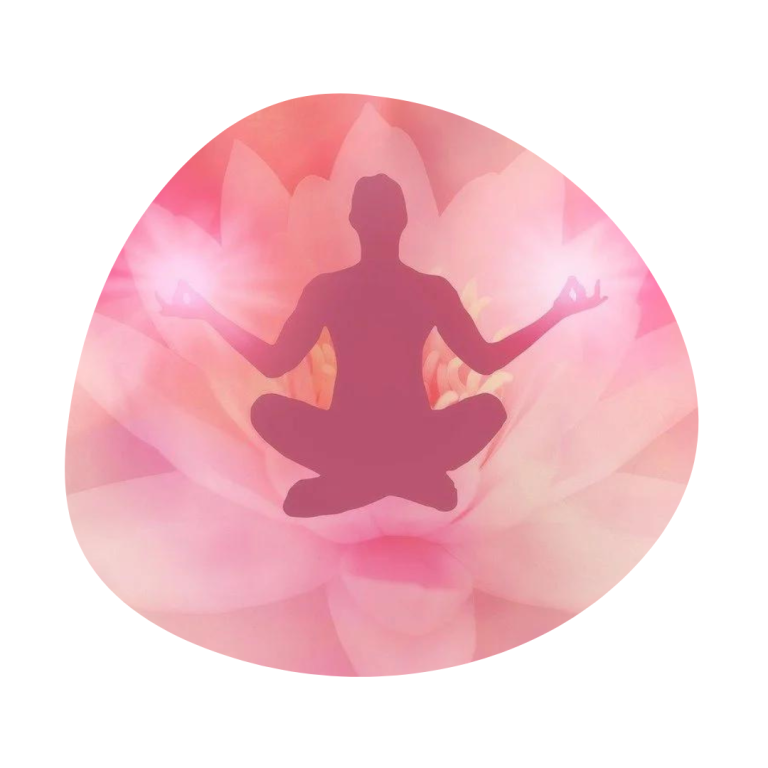
Advanced Mindfulness Meditation Course: Module 1 Qualities for Wellbeing
Based on Yama Niyamas of Sage Patanjali’s Yoga Sutras & The Buddha’s Noble Eightfold Path


About the Qualities for Wellbeing-Module 1
The Qualities for Wellbeing module offers a rare opportunity of exploring your unconscious tendencies, unhelpful habit patterns, blocks and resistance in a safe and judgement-free environment with ample support.
Building on the foundation of the ‘8 week mindfulness and meditation course’, the work in this module can be deeply potent and very transformational, preparing the heart and mind for subtle inner work.
We will explore essential qualities like truthfulness, self-discipline, gratitude, and surrender, and work on embodying and internalizing them through meditative and contemplative practice.
Cultivating these qualities is essential for our wellbeing and health and will help make our wisdom a practical and lived one.y
Module 1 Qualities for Wellbeing Details
Date & Timings
11 Apr 2025 | Weekly | 7 Webinars | Friday | 7:00 pm to 9:00 pm IST
Fees
New Participants: INR 11500/- (INR 9745 + GST @ 18% GST) or 185 USD
Repeat Participants: INR 8,500/- (INR 7203 + GST @ 18% ) or 137 USD
Resources
Live Online Classes (Recordings Of Webinars Available for Those who Can’t Attend it Live)
+
Weekly theory videos, Support
content videos, informal practices and online reading material.
Contact Details: +91 9833985538 Monday to Saturday between 9 AM and 7 PM or info@innerspacetherapy.in.
IF YOU WISH TO DO ANY OF THE COURSES AND ARE UNABLE TO PAY THE FEES, PLEASE GET IN TOUCH WITH US. WE WILL TRY OUR BEST TO ACCOMMODATE YOU. AS WE DEEPLY WISH FOR MORE AND MORE PEOPLE TO LEARN THIS PRACTICE.
Inspiration for the Qualities for Wellbeing Module
This module is inspired from two traditions of Indian philosophy:
Sage Patanjali's Yoga Sutras
The yoga sutras of Patanjali elaborate on the ashtanga or eight steps to enlightenment. The first two steps are ‘Yama’ and ‘Niyama’. Patanjali is asking us to practice 5 abstinences (Yamas) and 5 Observances (Niyamas) as first steps on the path to deeper awareness. Patanjali recognised the need to work through several layers of grosser tendencies in order to ultimately be able to hold the joyousness of Dhyana or deep meditation.
The Buddha's Noble Eightfold Path
This eightfold path is a further elaboration of the three baskets (Tripitaka) of Shila Samadhi and Prajna. The Buddha emphasized Shila or wholesome ethics/habits as the first steps to the path of enlightenment. He prescribed several habits that fell under three broad headings: The practices of Right Speech, Right Conduct and Right Livelihood
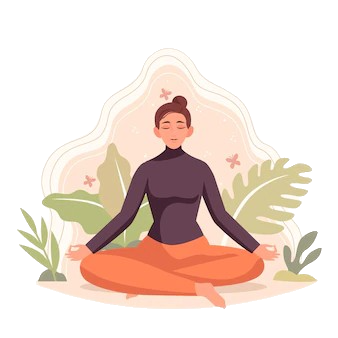
Focus of this Advanced Mindfulness Module 1
The qualities selected in this module are guided by the above two schools of thought as well facilitator Sadia’s personal experience as a meditation practitioner and a psychotherapist. She has found that certain tendencies and habit patterns create great amounts of guilt, anxiety and unhappiness in people. These unhelpful but deeply wired tendencies also deplete energy and tend to complicate life. Based on this understanding, six qualities are addressed in this module.
The Six Qualities Of The Wellbeing Module
Self-Discipline and Awareness of Urges
This is inspired by the yama of brahmacharya which means self-restraint (yoga sutras) and the shila of right conduct (Noble eightfold path).
Non-Violence In Thought, Action & Speech
This is inspired by the shilas of right conduct and right speech (Noble Eightfold Path) and the yamas of Ahimsa which means non-violence and Asteya which means non-stealing (Yoga Sutras).
Truthfulness
This is inspired by the Shila of Right Speech (Noble Eightfold Path) and the yama of Satya (Yoga Sutras).
Generosity and Minimalism
This is inspired by the Yama of Aparigraha which means non-grasping and non-possessiveness (Yoga Sutras) and the Shila of Right Livelihood (Noble Eightfold Path).
Contentment & Gratitude
This is inspired by the niyama of Santosha which means contentment (Yoga Sutras)
Surrender
This is inspired by the niyama of Ishwara Pranidhana which means surrender to a divine will and involves letting go of over controlling tendencies (Yoga Sutras)
Note from Sadia: Program Director & Facilitator
I have created the qualities of wellbeing module keeping in mind the fundamental qualities that all of us need to be healthy and well. The course is designed using the structure of shravana, manana, nidhidhyasana that is provided by the ancient wisdom traditions. This structure presents an extremely useful paradigm of learning:
For our course, I have tried to use these three principles for each of the 6 qualities of wellbeing. Each quality is there fore addressed using these three sections:
Understand/Shravana: This needs you to pay strong attention to the teachings and listen to the truth with your heart, with the intention of internalizing what you learn. This aspect of each quality is covered in live webinars as well as study material provided.
Apply/Manana: Here you will deeply contemplate each quality as it manifests in your thought, speech and actions in day to day life during the week. This requires you to repeatedly remember, clear doubts in sharings during webinars, and practice applying your learnings through the week.
Meditate/Niddhidhyasana: You will meditate daily with focus on one-pointedness and resting in the Self as pure awareness. It is the steadying and deeply stabilizing aspect of the course. The meditations are specifically customized to the quality you are working with each week.
The participants of our past course have come up with deep insights in the process of this course and I hope that will be true for you as well.
Just a Reminder: Only those of us who are willing to work with ourselves, can hope for meaningful shifts. Waiting for life to change and make us happy is like waiting for a sculpture to emerge from a rock without putting any effort in learning to sculpt. Life often presents us with the same kinds of difficulties until we finally decide to pick up the chisel and learn the art of sculpting a wise and happy life out of the material that is available to us.
May you be well and happy
Our Other Mindfulness Meditation Programs
Advanced Courses
The Advanced Courses are a colection of modules designed to further deepen the journey of personal growth and wellbeing that has started in the 8-Week Mindfulness Meditation Course. These modules provide opportunities to learn and deepen wisdom practices.
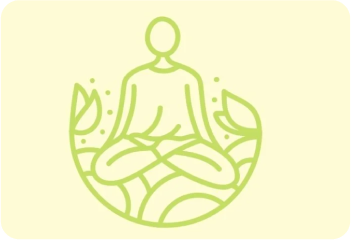
Retreats
Mindfulness Meditation Retreats are a great way to turn inwards through silence and contemplation practices. They present you with the opportunity to not only learn but to also deepen your meditation practice. We facilitate online as well as offline retreats.
The Wisdom Circle
Become part of a community interested in self-awareness, mindfulness, meditation and wisdom practices. Share your journey, learn from others, meditate together and be supported in your wellness journey by like-minded people.
Watch Sample Teaching Videos From the Online Meditation Course
Learn More About Mindfulness Meditation Through Our Writings
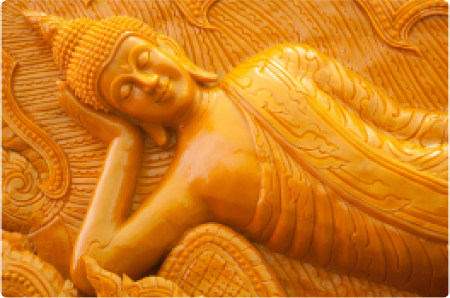
Metta: The Practice Of Compassion
The 13th of November this year is being celebrated as World Kindness Day. I have been fortunate to be a part of the discussions for the events planned on this day. This video of a mindfulness and compassion practice embedded below is my contribution to the event.I find mindfulness and kindness inseparable as concepts. One of the core pillars that supports the practice of mindfulness is compassion which is the highest form of kindness.
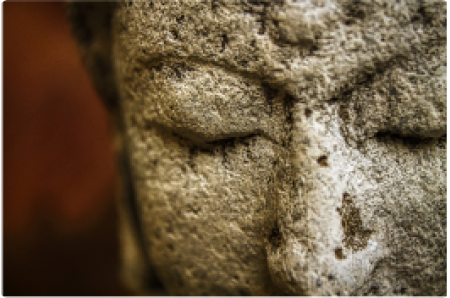
The Benefits of Mindfulness
Mindfulness helps you connect with a direct experience in the here and now. Research shows that benefits of mindfulness involve healing stress, addiction, pain, anxiety and several other afflictions. It opens people towards being receptive to self compassion, joy, love, positivity and can nurture the brain to be stronger and healthier.

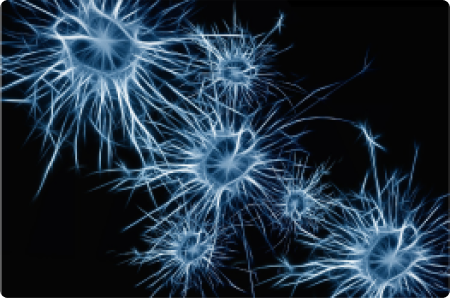
The Neuroscience Behind Mindfulness
Mindfulness as a practice for well-being and as a way of connecting to one’s true nature has not really been at the mercy of science. It is a practice that has in many ways been taught across eastern philosophical traditions for thousands of years.
